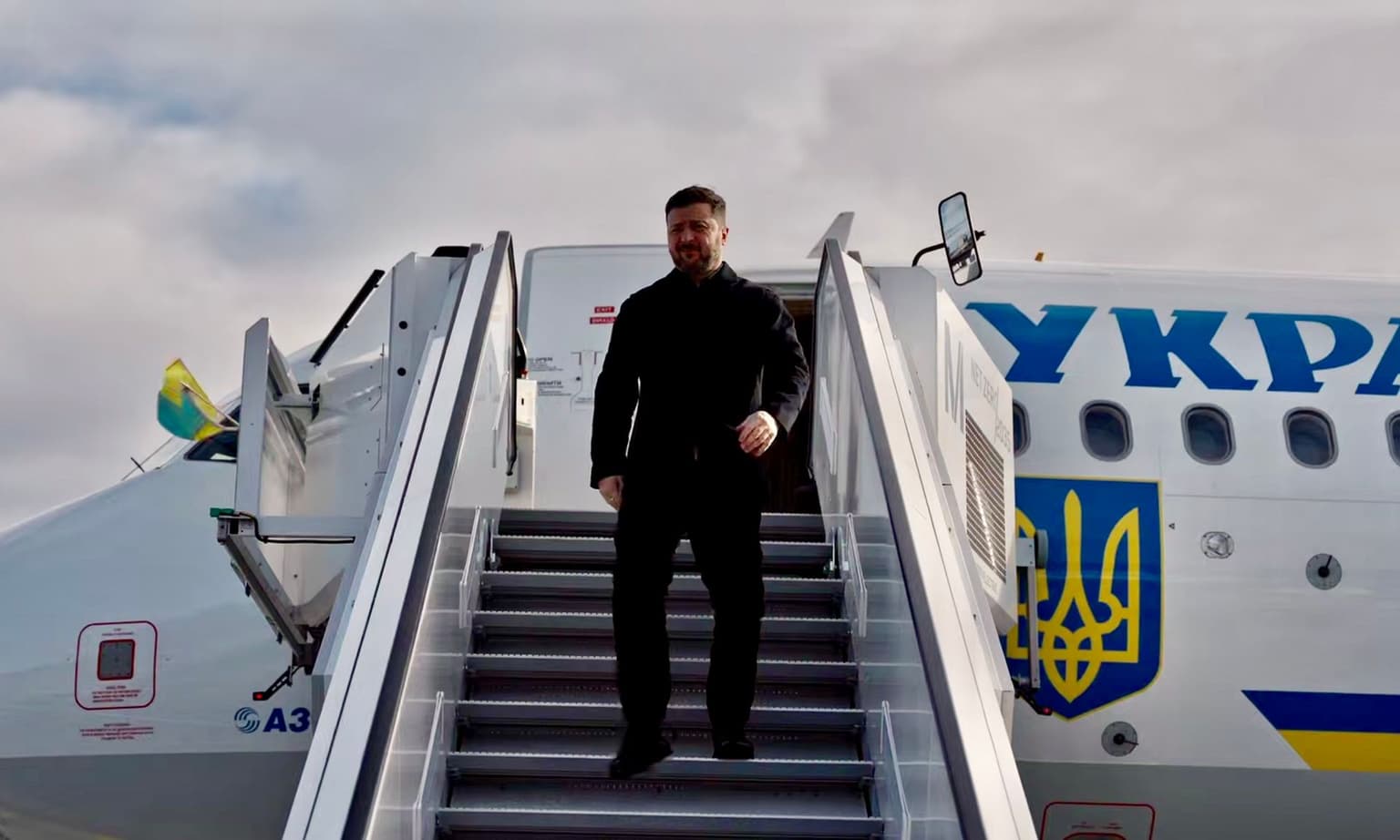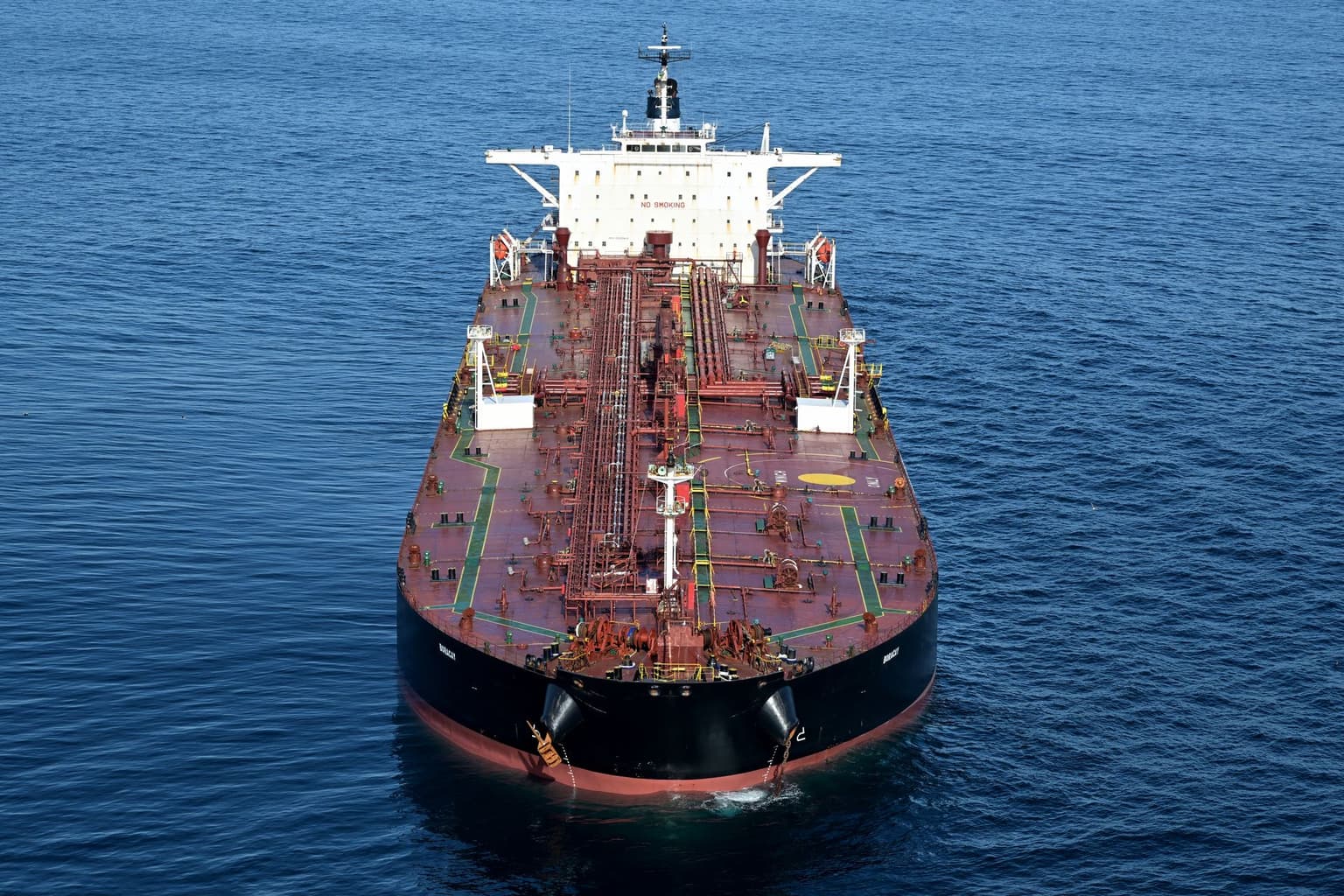
Europe's new gamble on Russia's exiles, explained
Nearly four years after Russia's expulsion from the Council of Europe, the Parliamentary Assembly (PACE) has launched a new platform for dialogue with exiled Russian forces.
The move is a major shift in how Europe engages with Russian opposition figures at a time when Moscow remains isolated from the continent's main human rights body and the war in Ukraine continues with no clear end in sight.
The 15 participants of the Russian PACE platform published their first joint statement on Feb. 6, wh


















